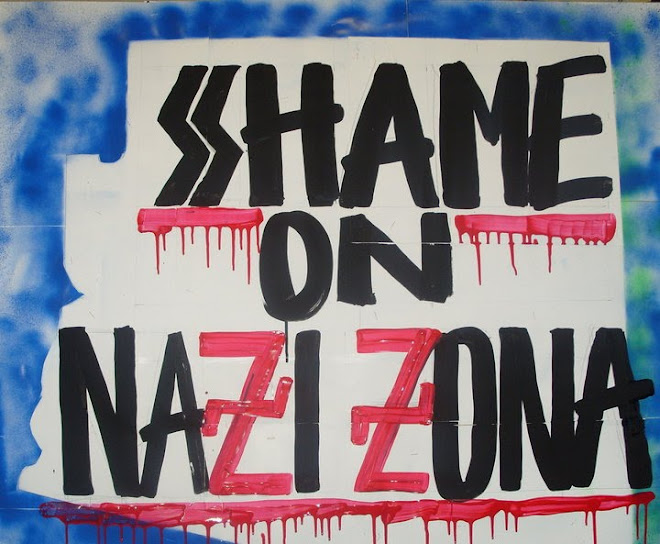From secondcircuitcivilrights.blogspot.com:
Another case falls into the Garcetti graveyard
The Garcetti cases are now starting to trickle in from the Second Circuit. A few months ago, the Court of Appeals rejected a First Amendment retaliation case where a public school teacher filed a grievance complaining about how the school disciplined an unruly student. (Weintraub v. Board of Education, 593 F.3d 196 (2d Cir. 2010)). This time around, the Court of Appeals rejects a case where a public employee advocated on behalf of a subordinate who complained about profiteering on public property.
The case is Huth v. Haslin, decided on March 11. Huth was the supervisor. Archer was the subordinate who told Huth that Thruway employees were selling bootleg DVD's on Thruway Authority premises. Archer also told Huth that a supervisor was engaging in reverse discrimination in the workplace. Huth conveyed this information to her supervisor, Bloomer. The Thruway Authority then accused Huth of unrelated misconduct, prompting her to bring a lawsuit. Afterwards, the Thruway Authority demoted Huth, which led to an amended complaint alleging that she was demoted in retaliation for the lawsuit.
Huth's case fails for two reasons. First, the Court of Appeals (Cabranes, Hall and Stein [D.J.], tells us, "Huth passed along Archer’s concerns about the actions of certain Thruway Authority employees to the head of Huth’s division and that she did so at daily meetings when they discussed the employees in their division. We have no difficulty concluding that such speech was made not as a 'citizen' but, rather, pursuant to Huth’s official duties as a Thruway Authority employee and supervisor."
But what about the lawsuit? Doesn't it violate the First Amendment to suffer demotion in retaliation for challenging an (allegedly) false charge of misconduct leveled against her in retaliation for reporting a subordinate's complaint about illegal behavior at work? In other words, does the initial lawsuit alleging retaliation for reporting illegal conduct qualify as First Amendment activity? This may surprise you, but the answer is no. The lawsuit was not protected activity under the First Amendment. The Second Circuit summarizes its reasoning:
The record also makes plain that Huth’s present lawsuit, asserting claims for monetary and punitive damages, does not qualify as speech "on a matter of public concern." Huth’s original complaint, which she contends was protected speech and the basis for defendants’ further retaliation, alleged only that defendants retaliated against her for specific statements she made to her supervisor and for the union activities of Archer. Much like other public employee speech that we have held not to be protected from retaliation by the First Amendment, Huth’s lawsuit was "personal in nature and generally related to her own situation.”
Why is this so? Because Huth's lawsuit did not reflect that she "wanted to debate issues of ... discrimination, that her suit sought relief against pervasive or systemic misconduct by a public agency or public officials, or that her suit was part of an overall effort ... to correct allegedly unlawful practices or bring them to public attention.” Since the original complaint was personal in nature and was not part of a broader effort to grieve systemic problems in the workplace, it does not qualify as First Amendment activity.



No comments:
Post a Comment